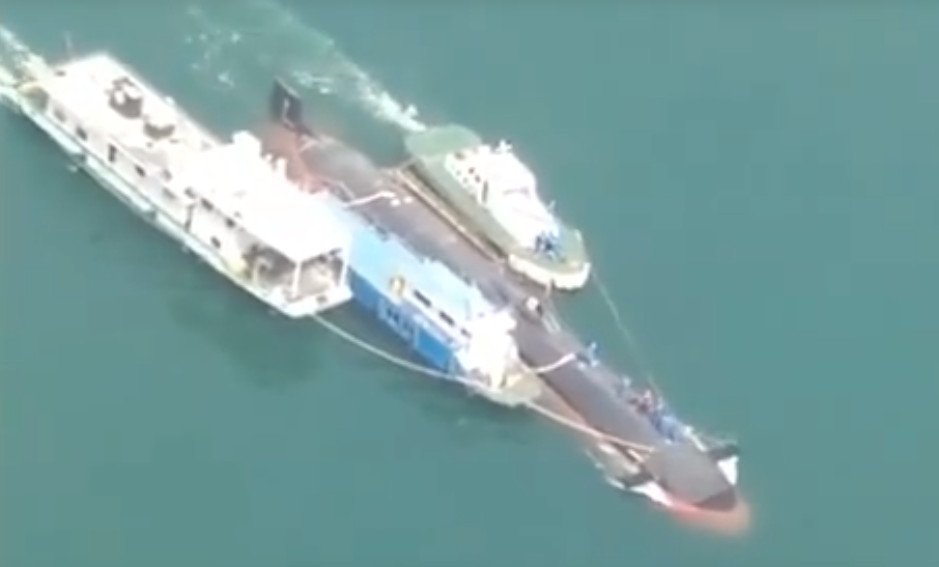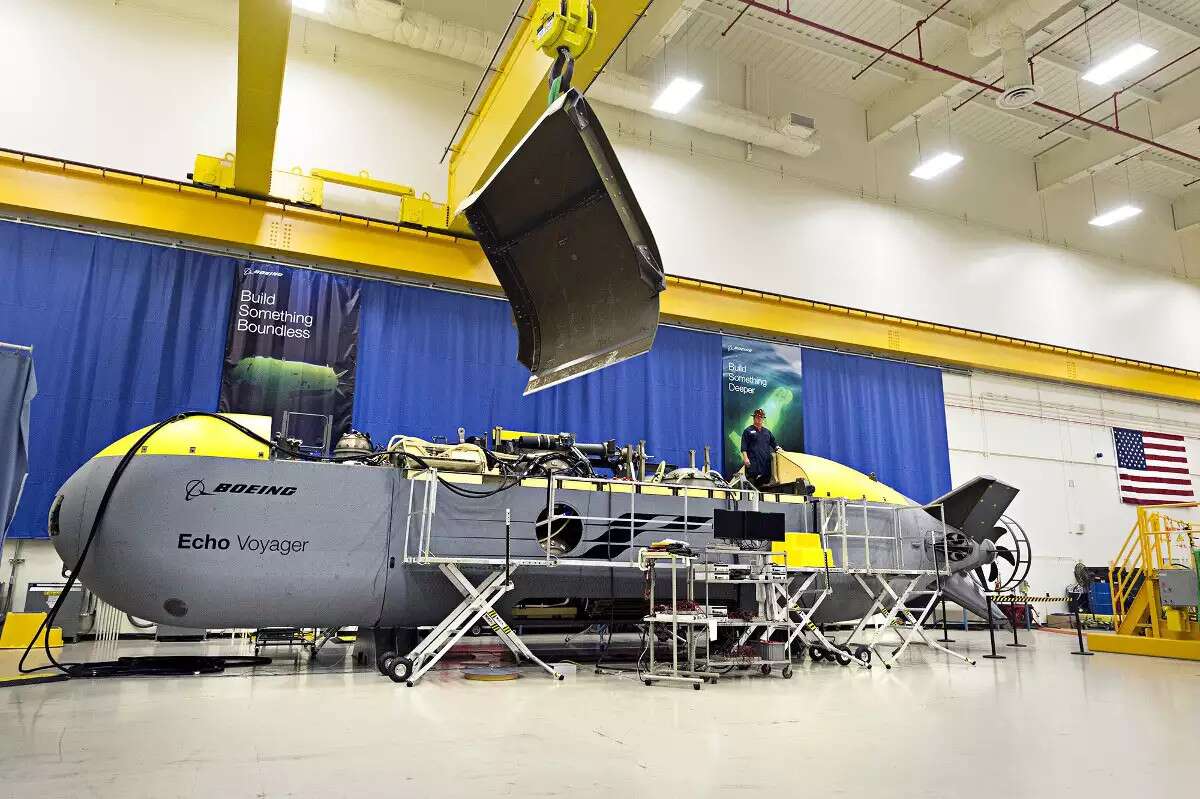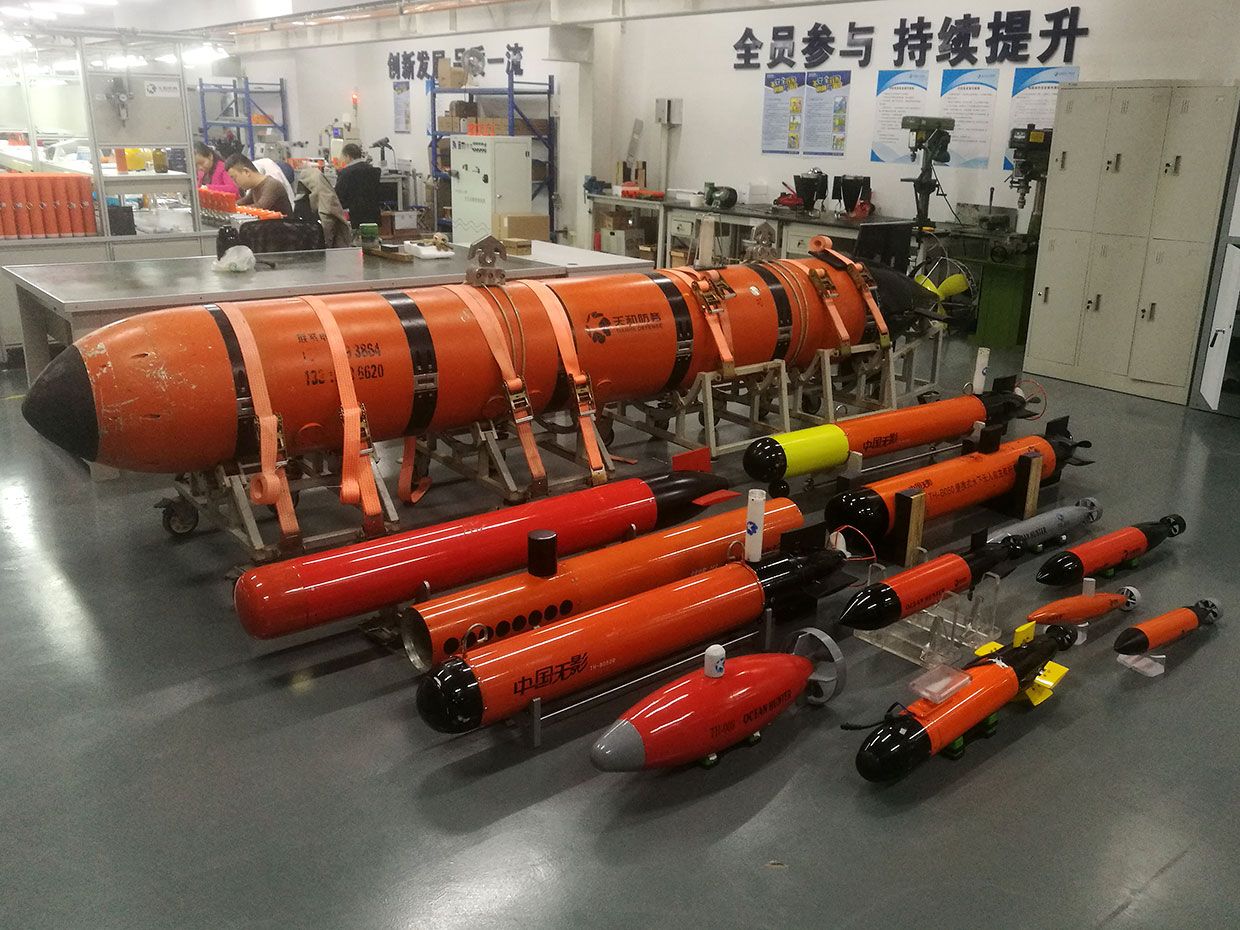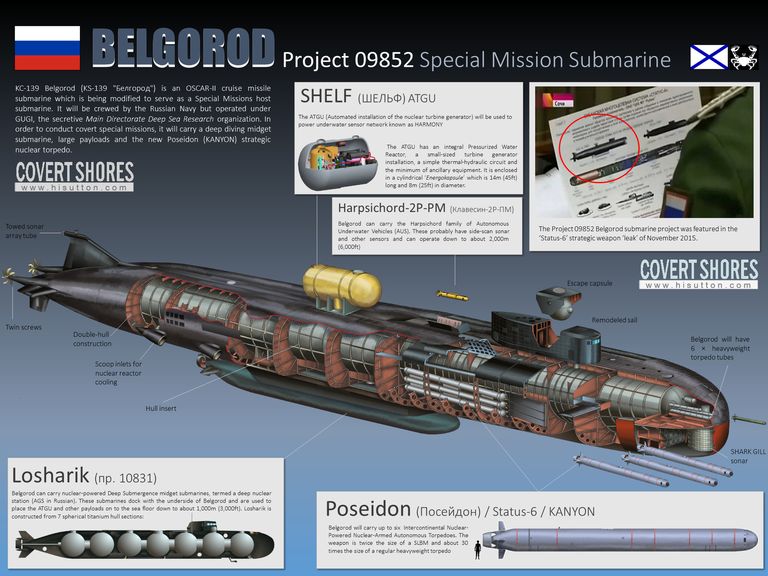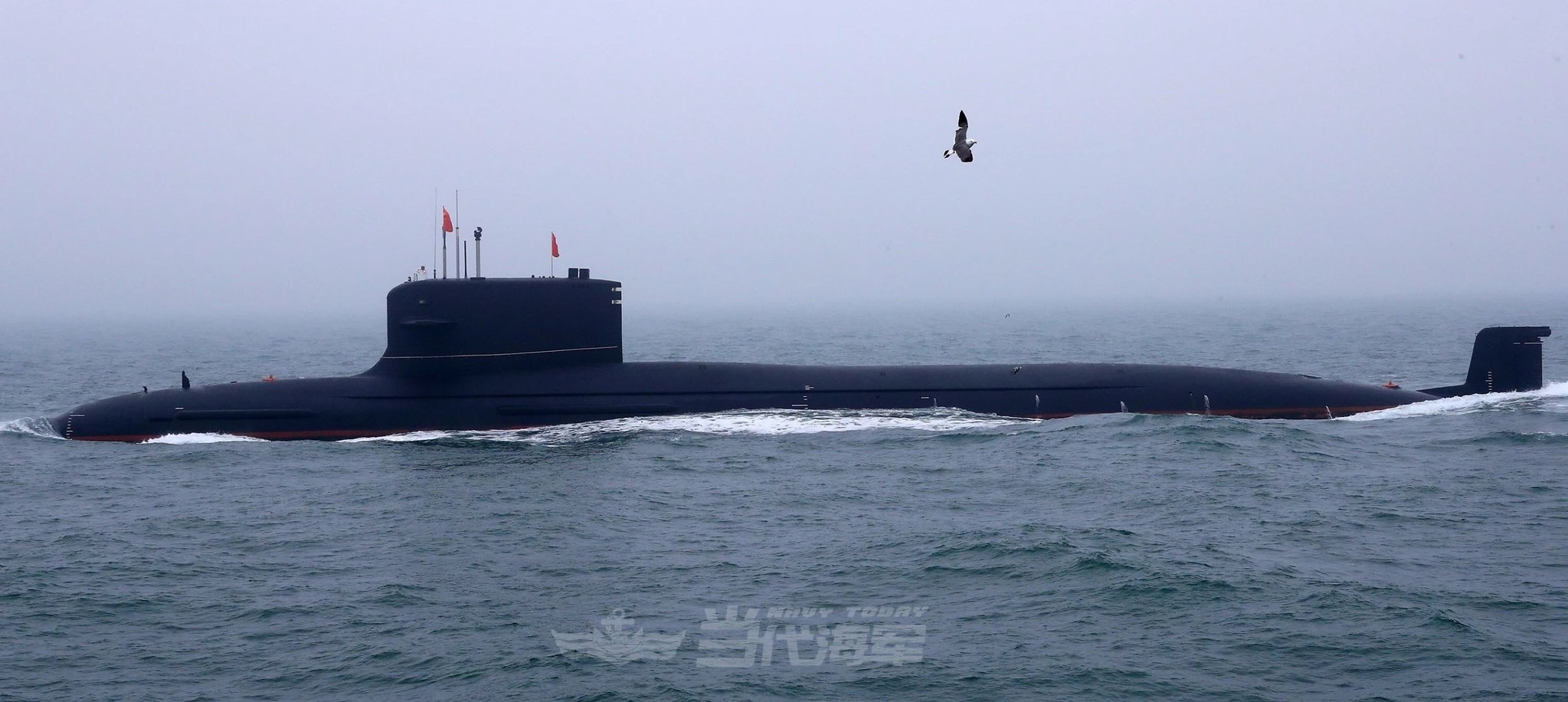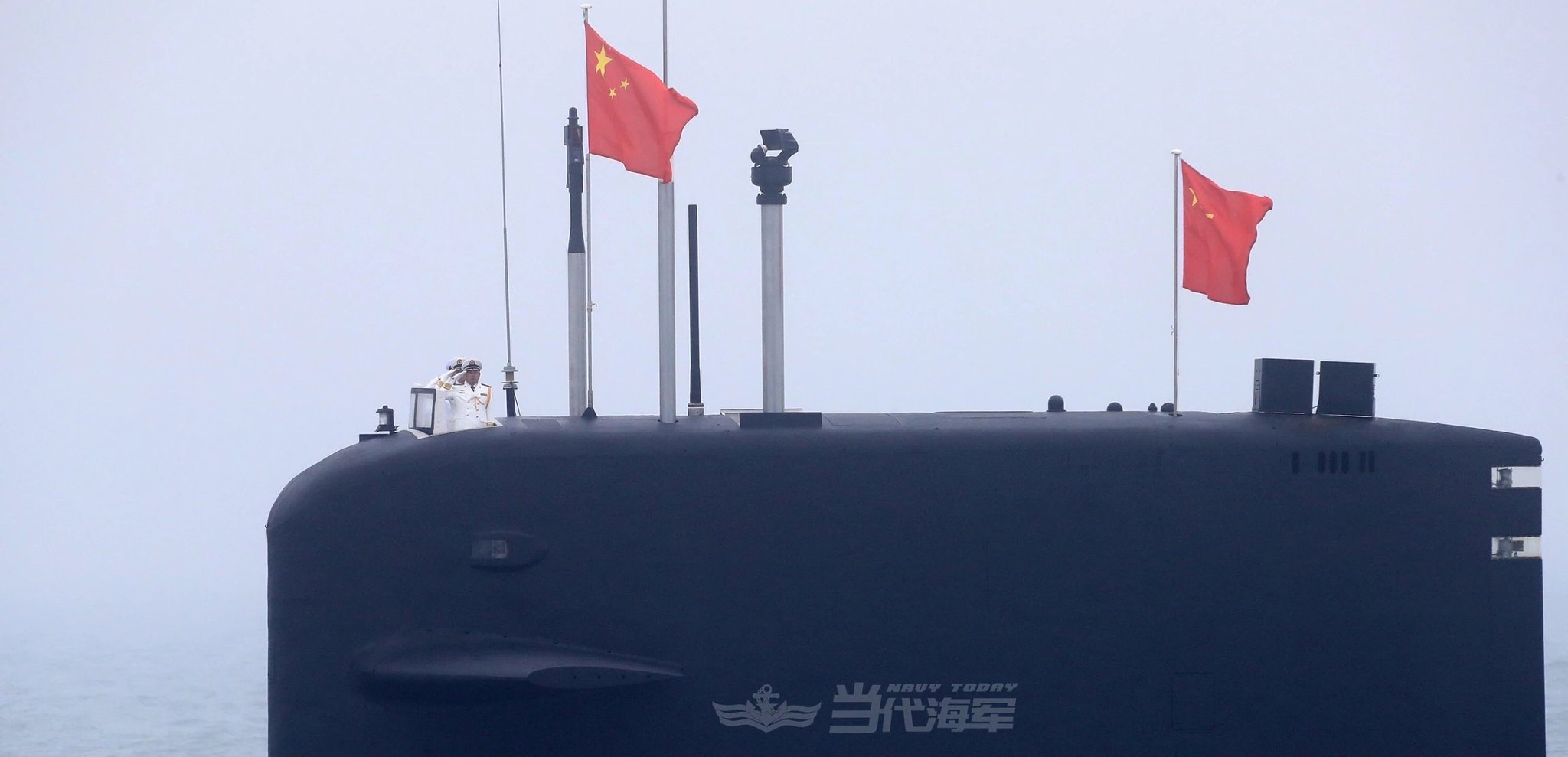Ministers could be questioned about the findings at a parliamentary debate on the continuous at-sea nuclear deterrent, which is scheduled for Wednesday.
Decommissioned submarines are being stored at Devonport in
Plymouth and Rosyth in Fife while arrangements are made to safely dispose of their radioactive waste.
Seven of the submarines have been in storage for longer than they were in service with the
Royal Navy. Auditors said the estimated overall cost of disposing of a submarine was £96m.
The MoD has estimated its total future liability for maintaining and disposing of the 20 stored and 10 in-service nuclear-powered submarines at £7.5bn over the next 120 years.
No submarines have been defuelled since 2004, when regulators said facilities did not meet required standards, and the process is not due to start again until 2023.
Auditors said the MoD did not have a fully developed plan to dispose of the operational Vanguard and Astute submarines or its future Dreadnought-class vessels, which have different types of nuclear reactor.
Meg Hillier, the chair of the public accounts committee, which oversees government spending, said the issues of safety and costs must be addressed: “For more than 20 years the Ministry of Defence has been promising to dismantle its out-of-service nuclear submarines and told my committee last year that it would now address this dismal lack of progress.
“It has still not disposed of any of the 20 submarines decommissioned since 1980 and does not yet know fully how to do it. The ministry needs to get a grip urgently before we run out of space to store and maintain submarines and we damage our reputation as a responsible nuclear power.”
Since April 1969 the Royal Navy has maintained a continuous at-sea presence of nuclear submarines, which house the UK’s nuclear weapons system.
The vessels being stored include the first submarines used to carry the UK’s nuclear deterrent – the Polaris boats HMS Revenge, Renown, Repulse and Resolution. Also in storage is the attack submarine HMS Conqueror, which
sank the Argentine cruiser General Belgrano during the Falklands War.
Wednesday’s parliamentary debate has been scheduled to commemorate the 50th anniversary of the UK’s continuous at-sea nuclear deterrent.
John Woodcock, the independent MP for Barrow-in-Furness, who called for the debate, said the lack of a decommissioning plan was storing up problems for the future. “This lack of progress reflects and is partially caused by the country’s paralysis on finding a geological disposal site for waste nuclear material. Ministers cannot continue with their head in the sand on this important issue,” he said.
An MoD spokesman said: “The disposal of nuclear submarines is a complex and challenging undertaking. We remain committed to the safe, secure and cost-effective defuelling and dismantling of all decommissioned nuclear submarines as soon as practically possible.”
